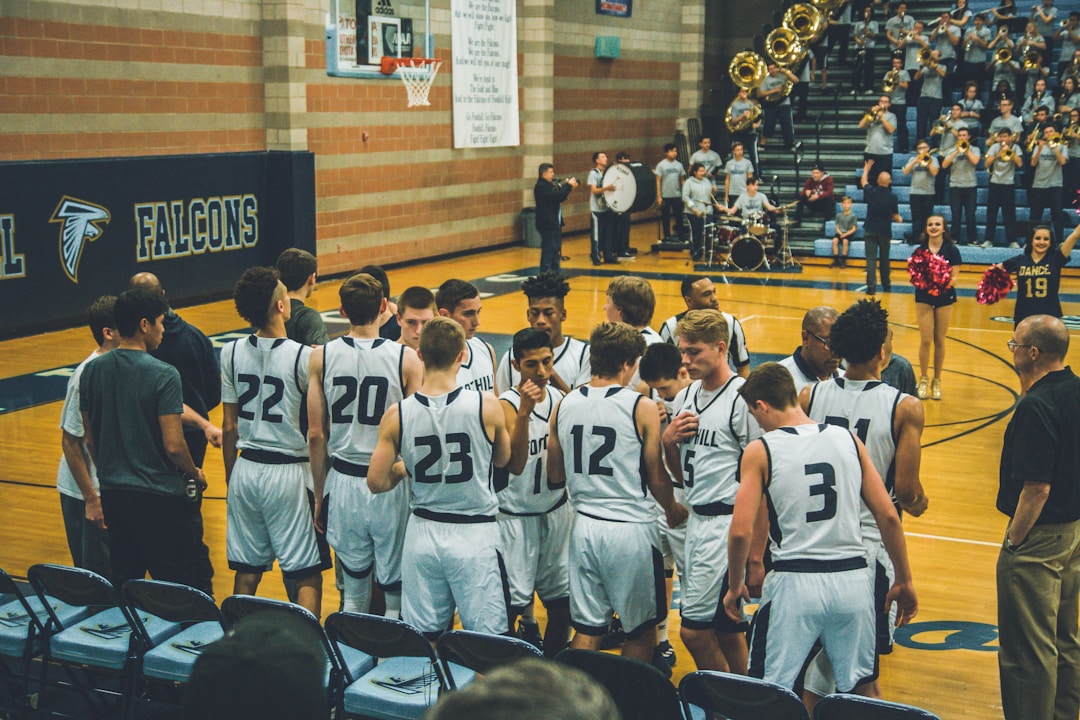Ok, you may wonder why we should already start thinking about the Z Generation, when we have not yet learnt to cope with Generation Y.
“Old people think, adult’s assume, kids know” by Shira Golding

I believe the answer is easy. As HR experts, we need to interpret the world that is forming in terms of talents, competencies, values, attitudes, lifestyles. If we really want to be able to interpret our role in today’s organisations, we need to help the new generation form itself. Well, ok, I hear what some of you are thinking. “Helping a generation to form” is not exactly what you find in a typical HR job description. But let’s face it. Recent times have shown that private companies are, in many ways, the real frontline to the needs and desires of a new generation. In many countries, the schooling system has ceased to offer a real strong support to the evolution of a generation, constrained by continuous budget cuts and an aging teaching body. Family is so challenged by today’s economic crisis, that it also cannot offer a real consolidation effort for our younger people. What about Politics? Uhm… do I really have to mention this?
What we are seeing already with the Y generation is going to repeat itself. Y-ers have entered the labor market without a clear idea of what to expect. And companies have had to work on developing competencies, understand their needs, interpret the new leadership models that these people need to be effective and productive. And all this is happening in a pretty “easy” scenario still. In 2014 in Western Europe statistics state that 1 person will leave the labour market for 1 who is joining it. In 2020 (just 7 years ahead, don’t forget) 7 will leave for 3 coming. Despite the effect of today’s crisis, the reshaping of the developed economies joined with their development patterns, will pose a real threat to the way organisation work today. And we all know that, 6-7 years, in organizational terms, are not really a lot.
So, what’s new about Generation Z? Apparently Marketing people are getting seriously prepared, as this video shows.
Frightening at first sight. That’s why it is easy to ask if zou are ready for this challenges. How difficult is going to be to handle people that are willing to double tapon anything they encounter? The issue is that all this i not just about technology. Elements like co-creation of contents are not entirely new. Already part of the Y-Generation is asking for tools to allow this… but again, if we see this issue just as an enabling tool we miss the point.
New generations are seeing what works and what does not work of technology. That’s why they are entirely ready to move all their influence to thing that are actually working. Simplicity is a growing requirement for these people: grown in the midst of a world that is constantly interconnected, and where easy answers can be found literally at a double-tap distance, how will they react to the latest version of the company’s Leave policy?
Some of these people will enter a company, without having had the chance to use a computer keyboard. They have been using iPhones and iPads. They have been used to study in the tube, explore the world with “augmented reality”. What will happen to them the first time they will have to fill a data form into SAP?
They have been growing in a world were free is a key word, and value is not necessarily associated to money, but to connections, networks, peer recognition. How will you be able to cope tomorrow with the salary request of a youngster acknowledged as a small guru by its peers on a specific subject?
I believe the video dramatizes only one part of the elements of this new generation. If you listen carefully, it is fully based on trends, and trends have a big defect. They are projection in the future of things that are already existing. What about the rest? What is going to be the impact on this generation of the unemployment of their parents, as we are stumbling into one of the longest periods of recession in ages? Or the uncertainty of the Euro? Or the unrest in many sides of the world? I don’t want to do another list of social characteristics of this generation.
But just make sure you understand three key questions that could help focusing this new need:
- When you design your policies and processes today, are you thinking about their impact on the families and children of your employees?
- Are you opening your organisation to schools and educational institutions, activating a dialogue with the younger population of your local community?
- Are you testing your organizational, process and technology changes around new generation’s trends? Remember: if you are choosing today a new ERP system, or a new Organizational set-up, practice demonstrates that you will (try to) keep this for about 7-8 years. Which means it will need to answer to those people that are “just” teen ager today.
Isn’t this just one of those nice challenges you wanted to hear, for a nice start of the week? 😉

Comments and Feedbacks
Cover Photo by Zyanya BMO on Unsplash
More posts like this










